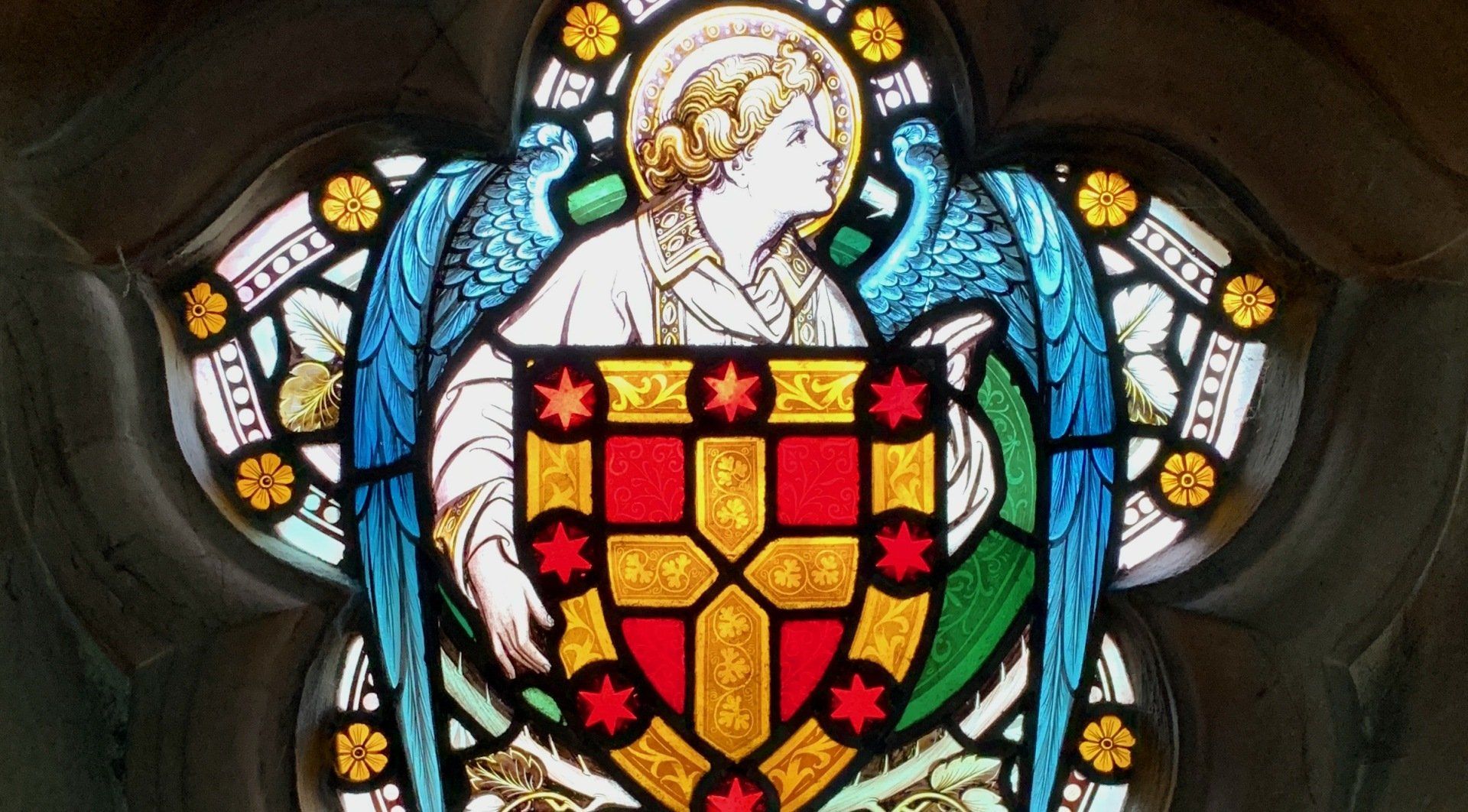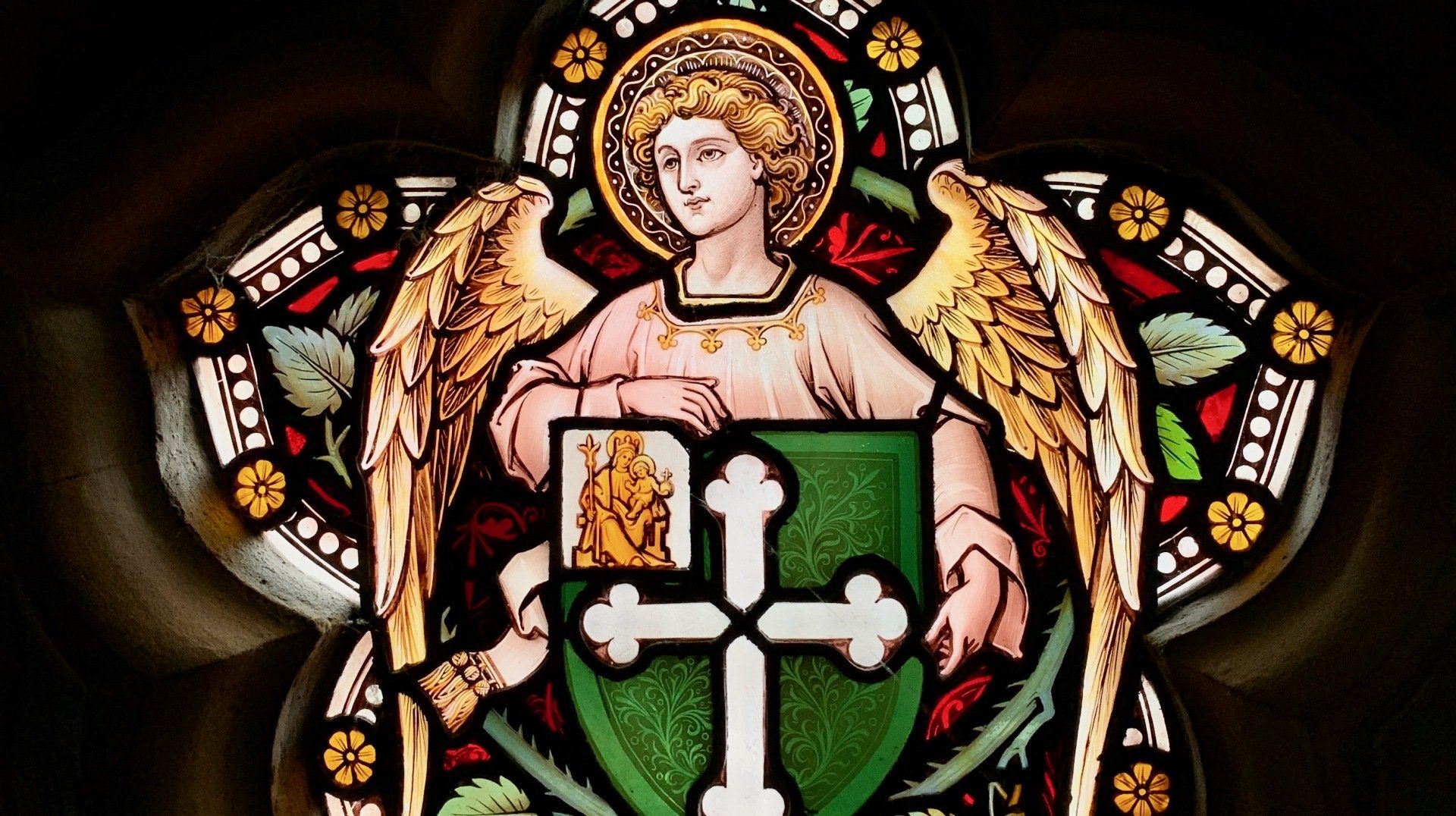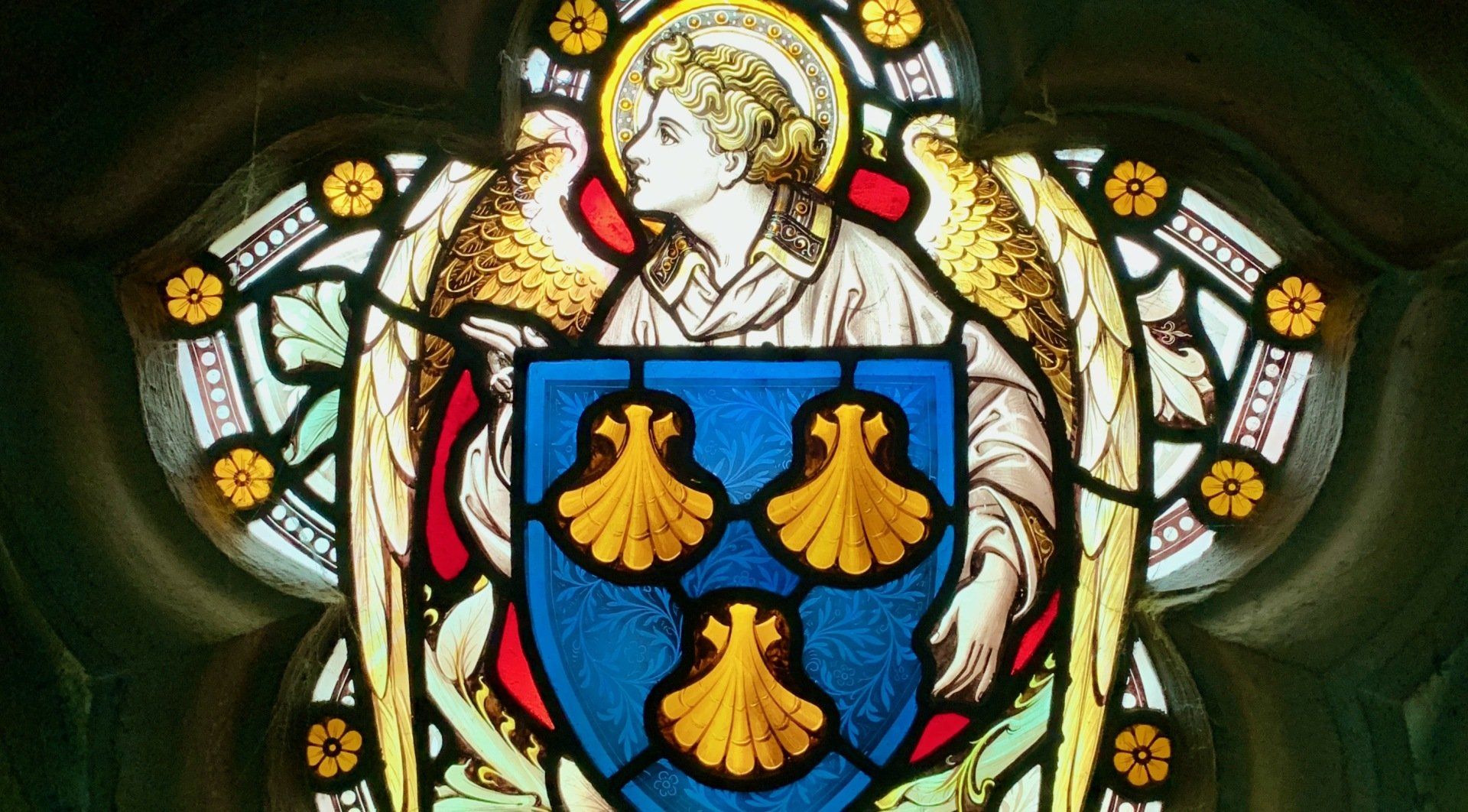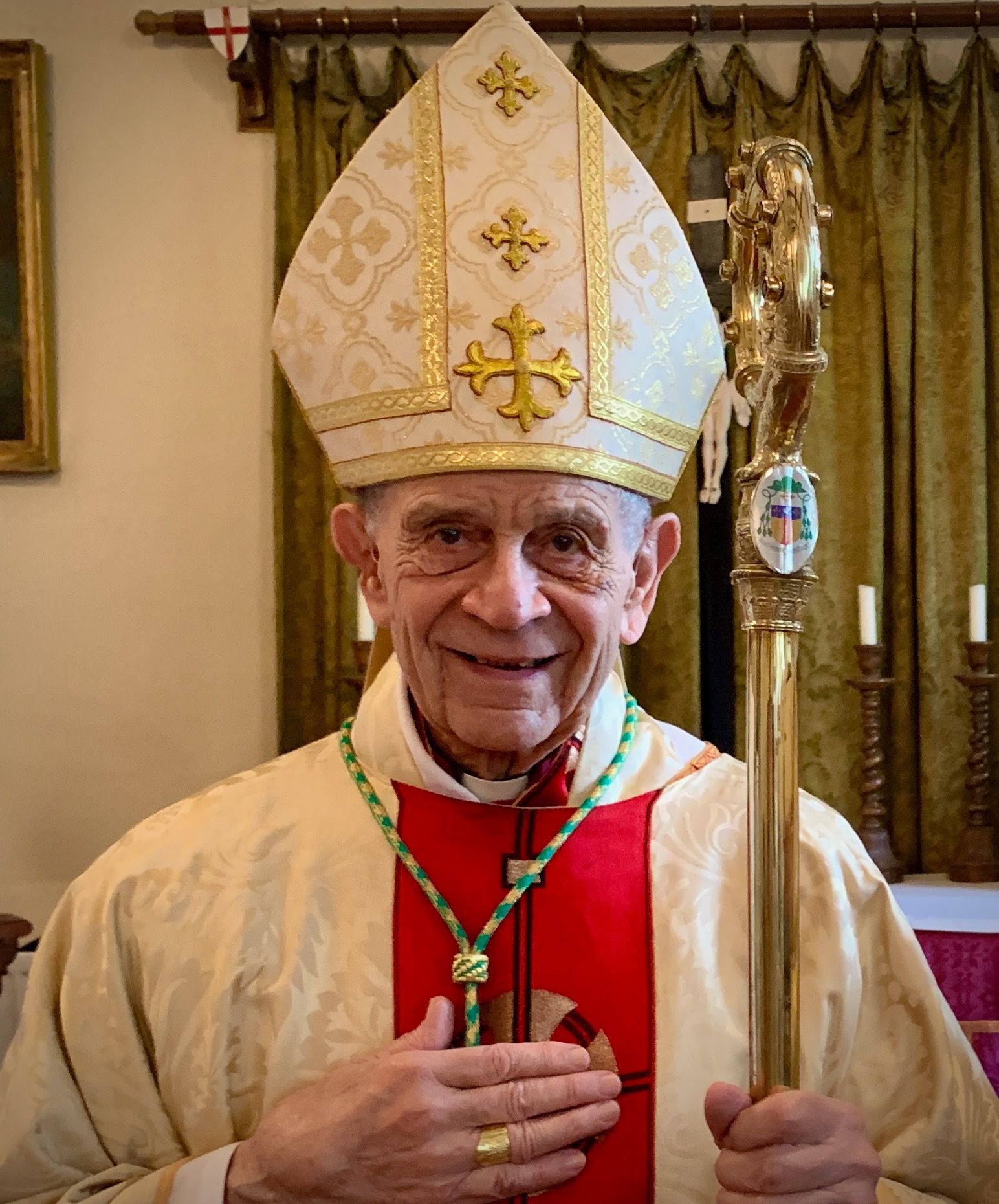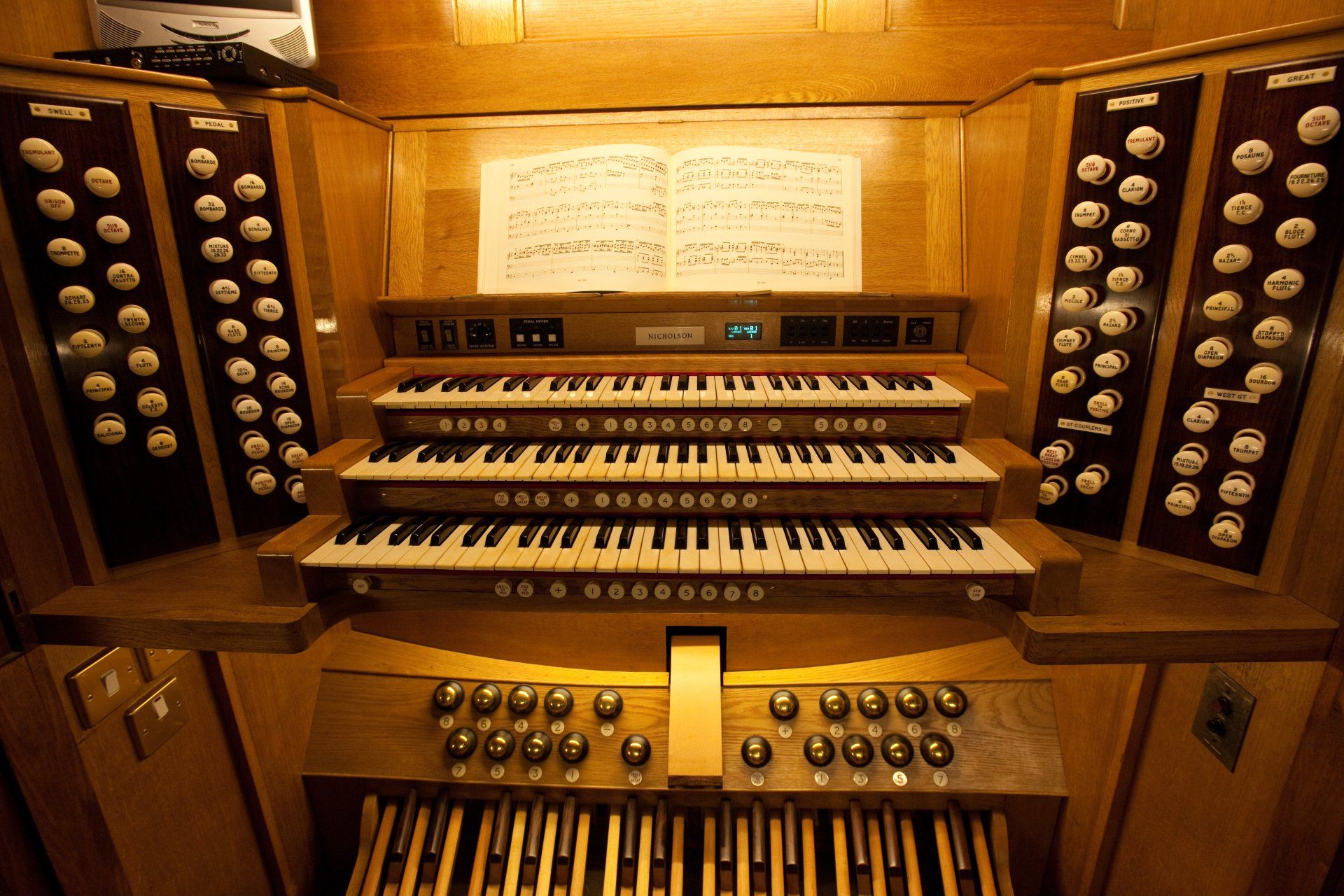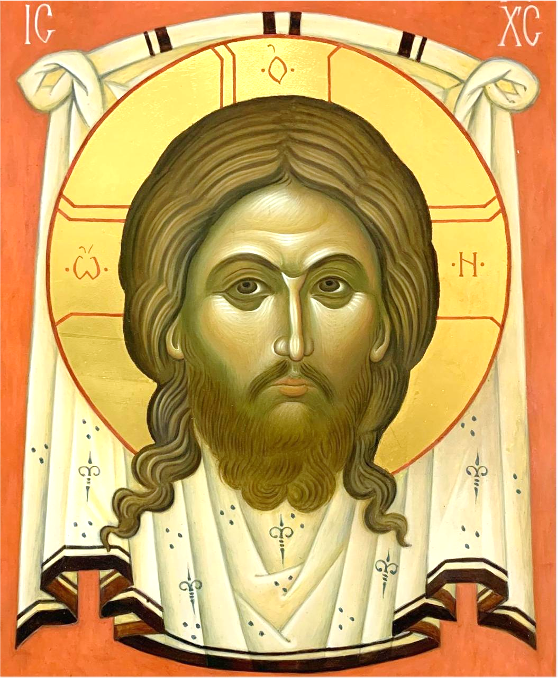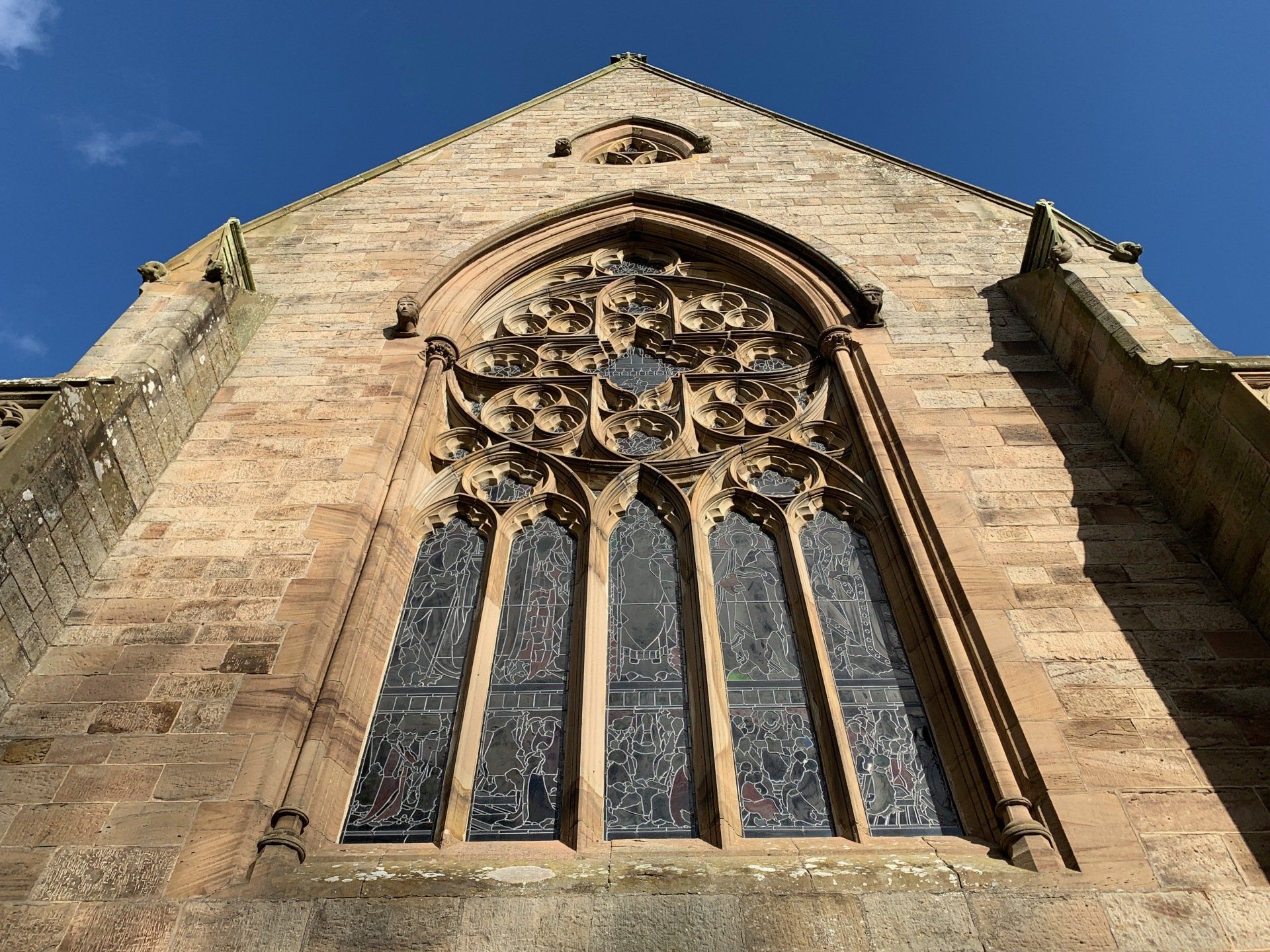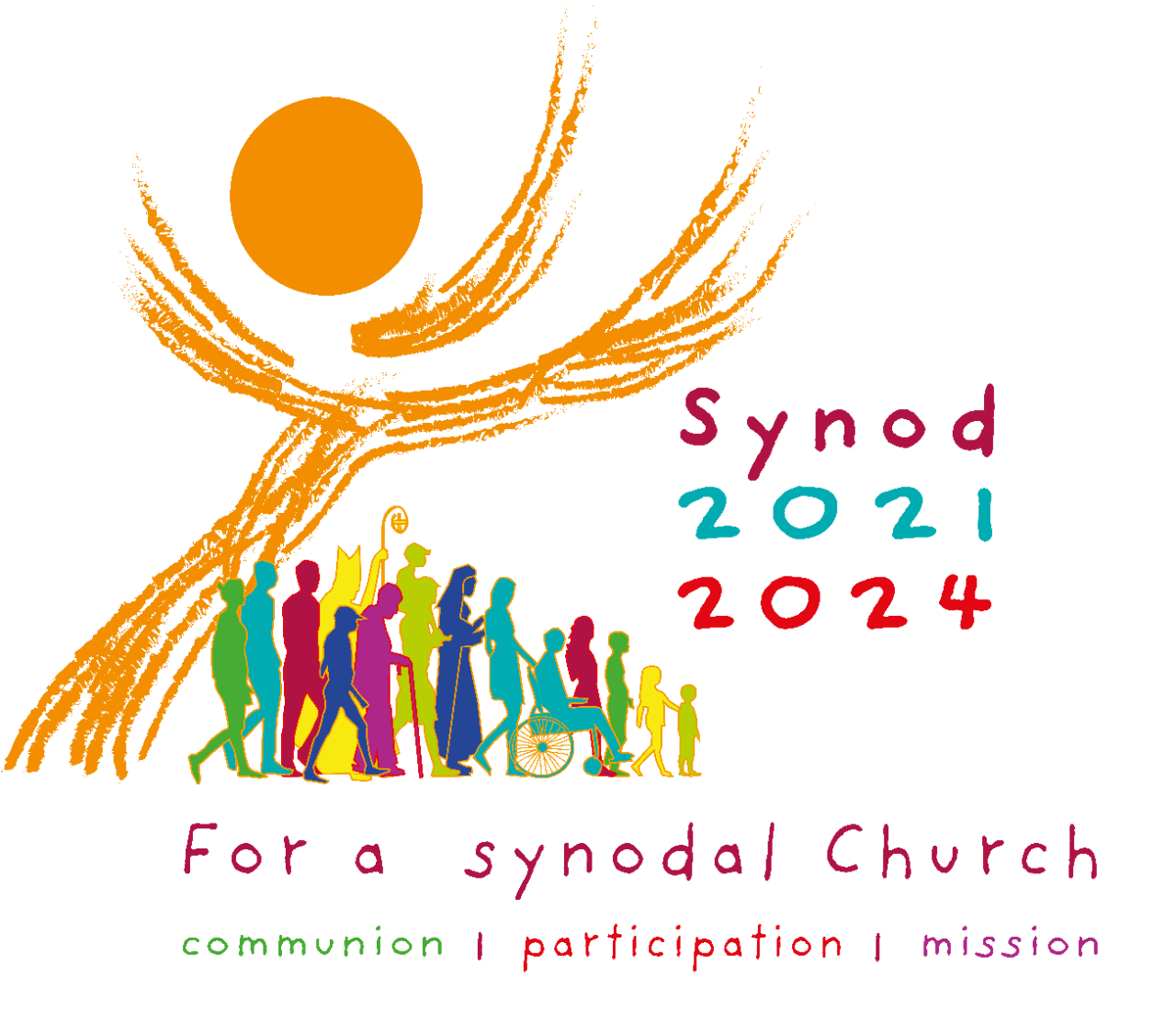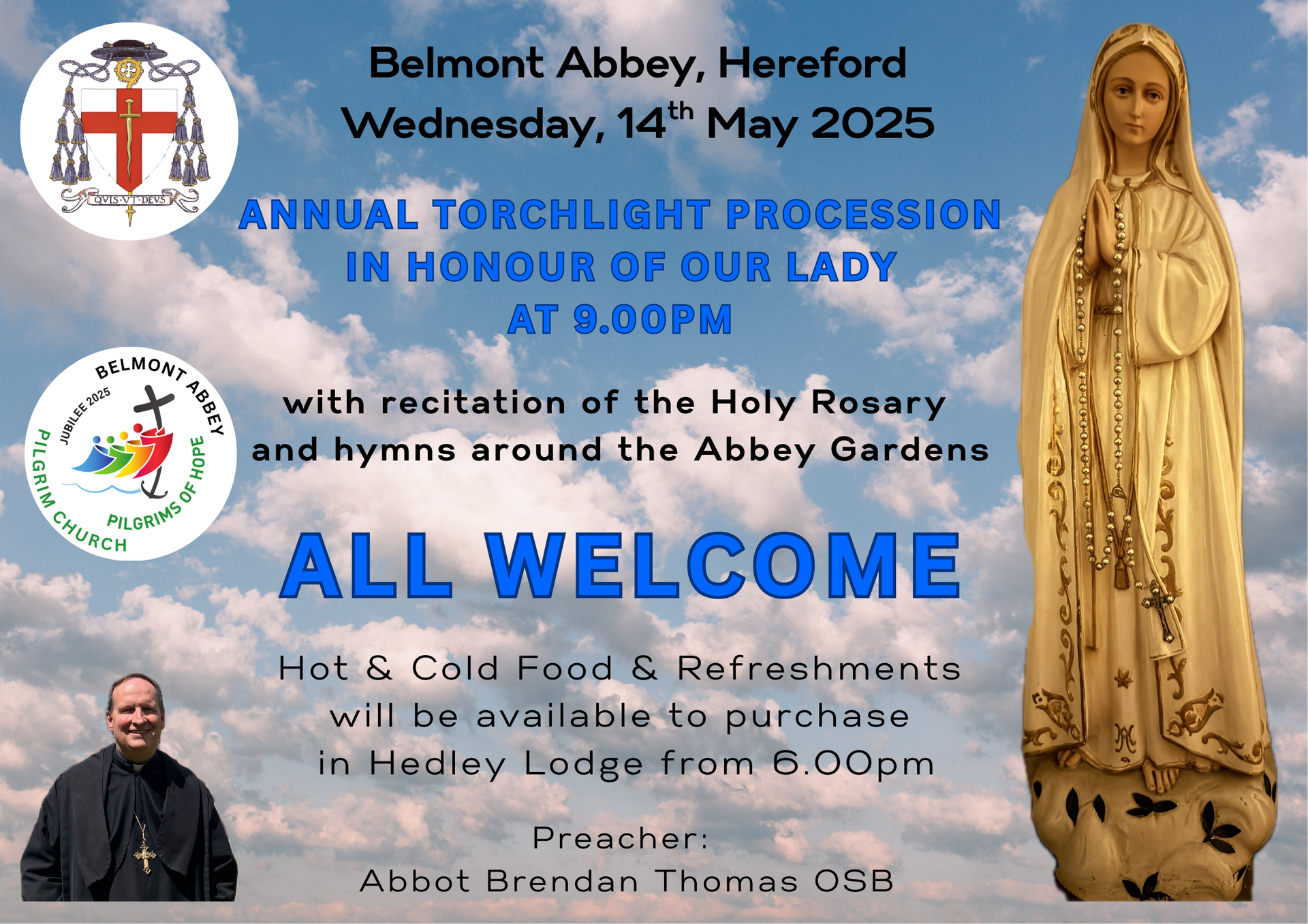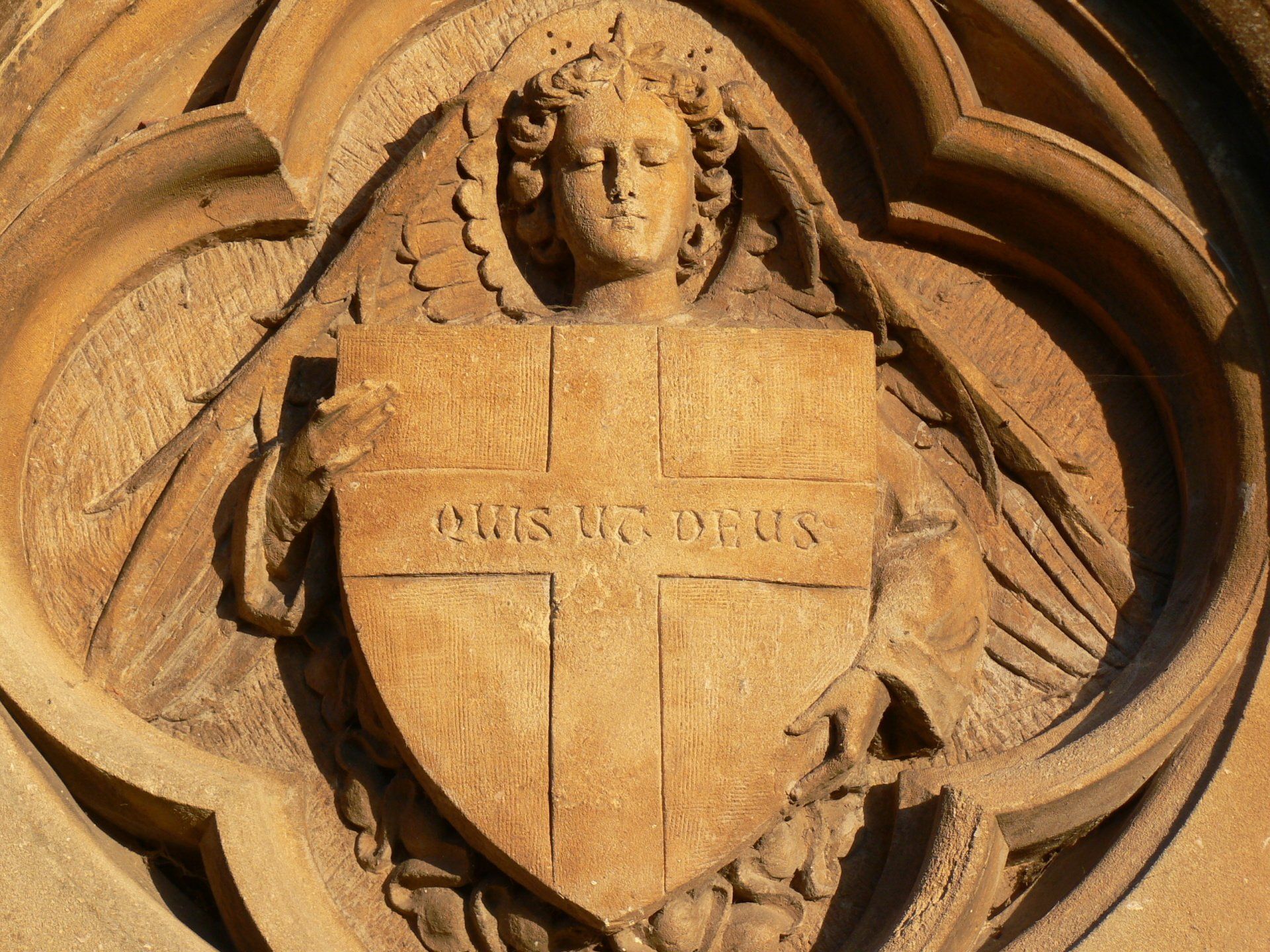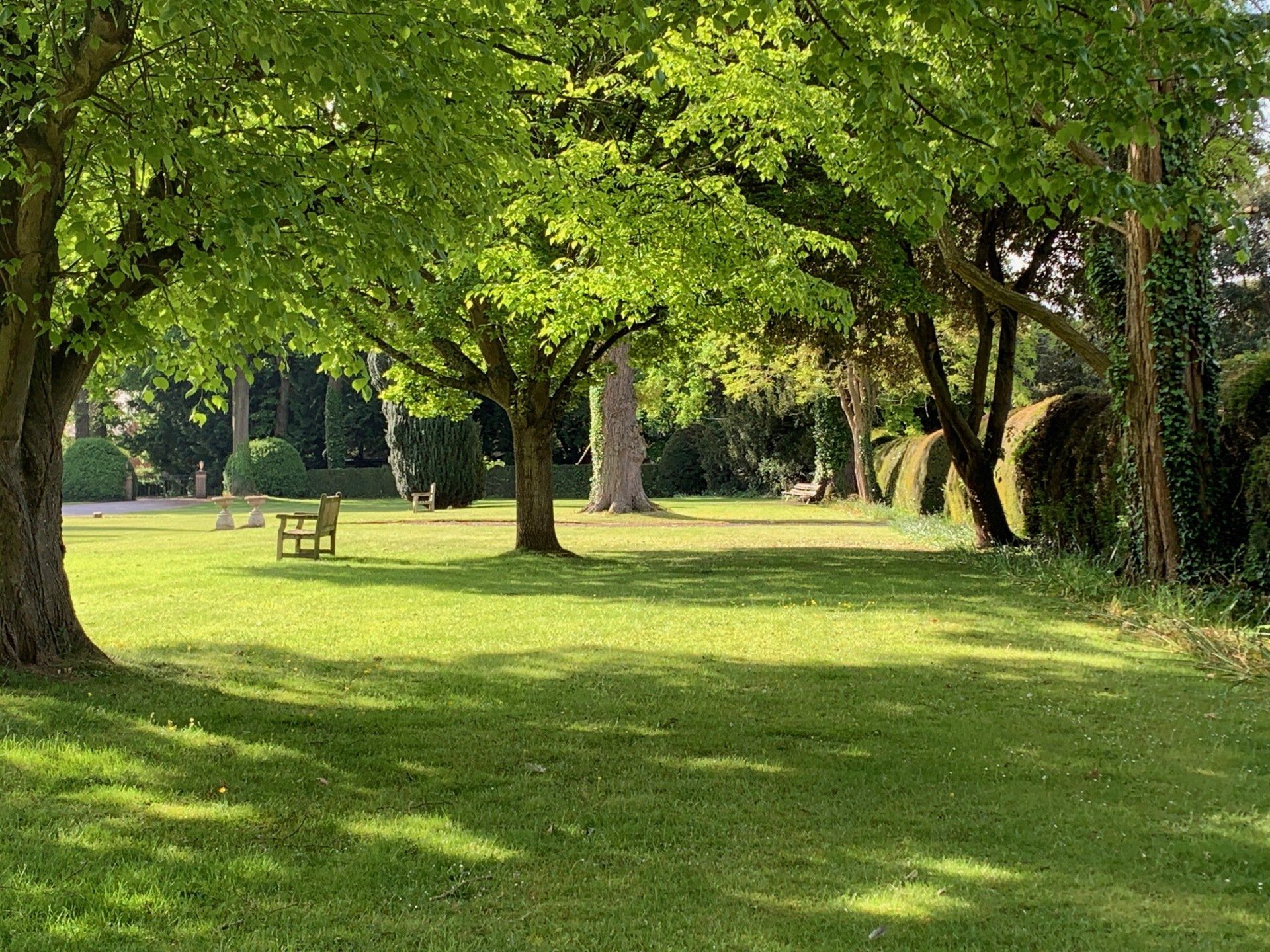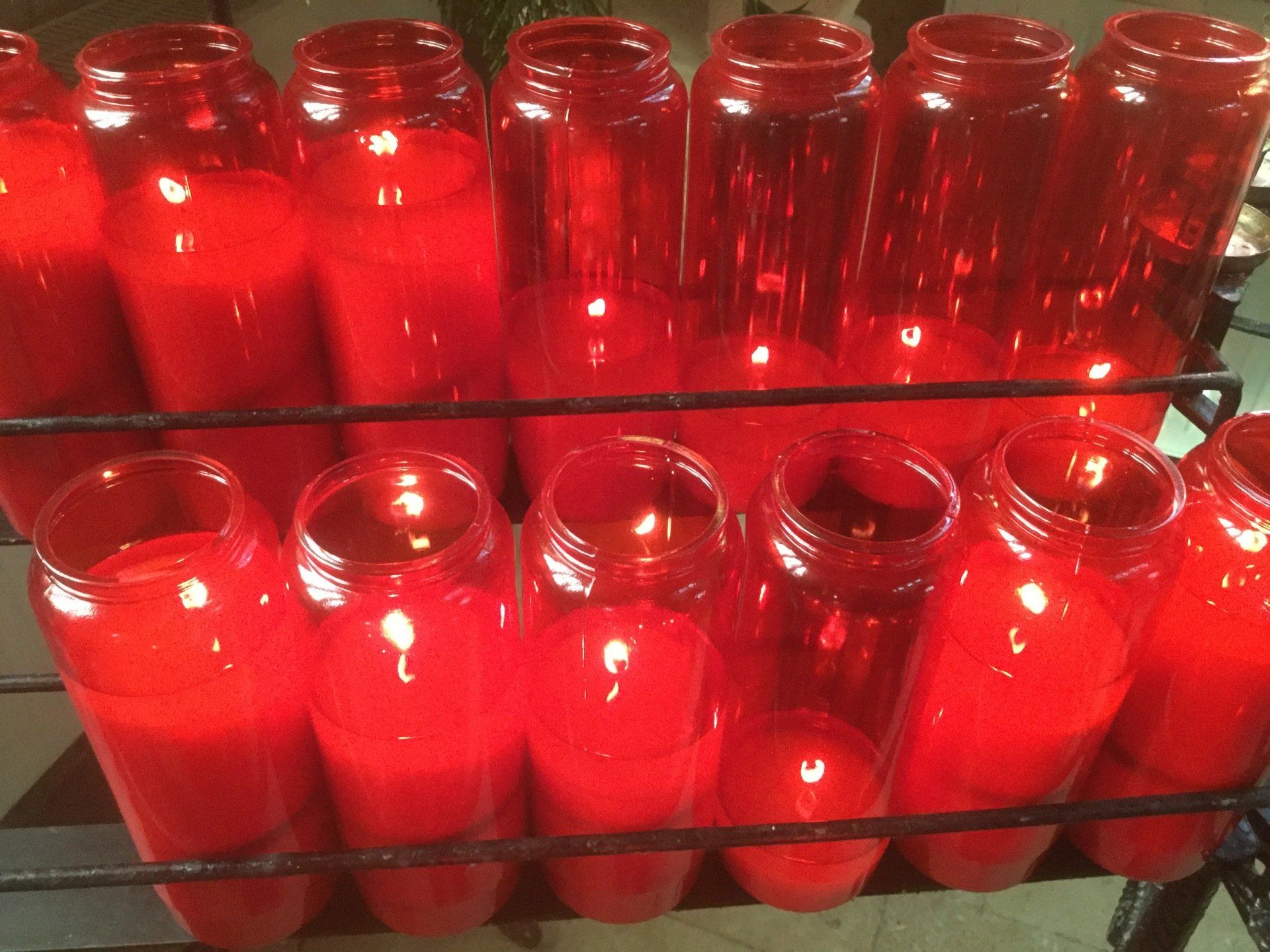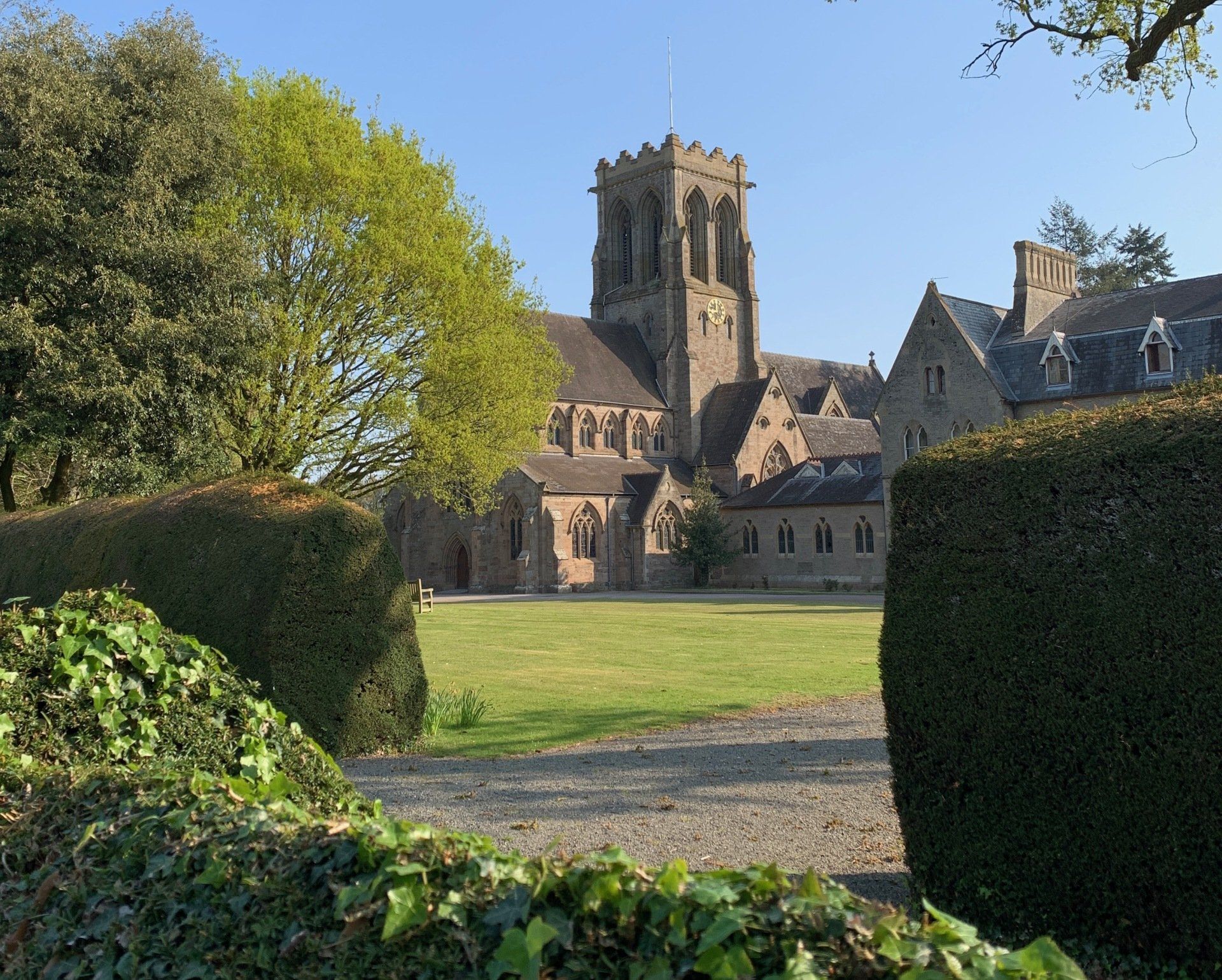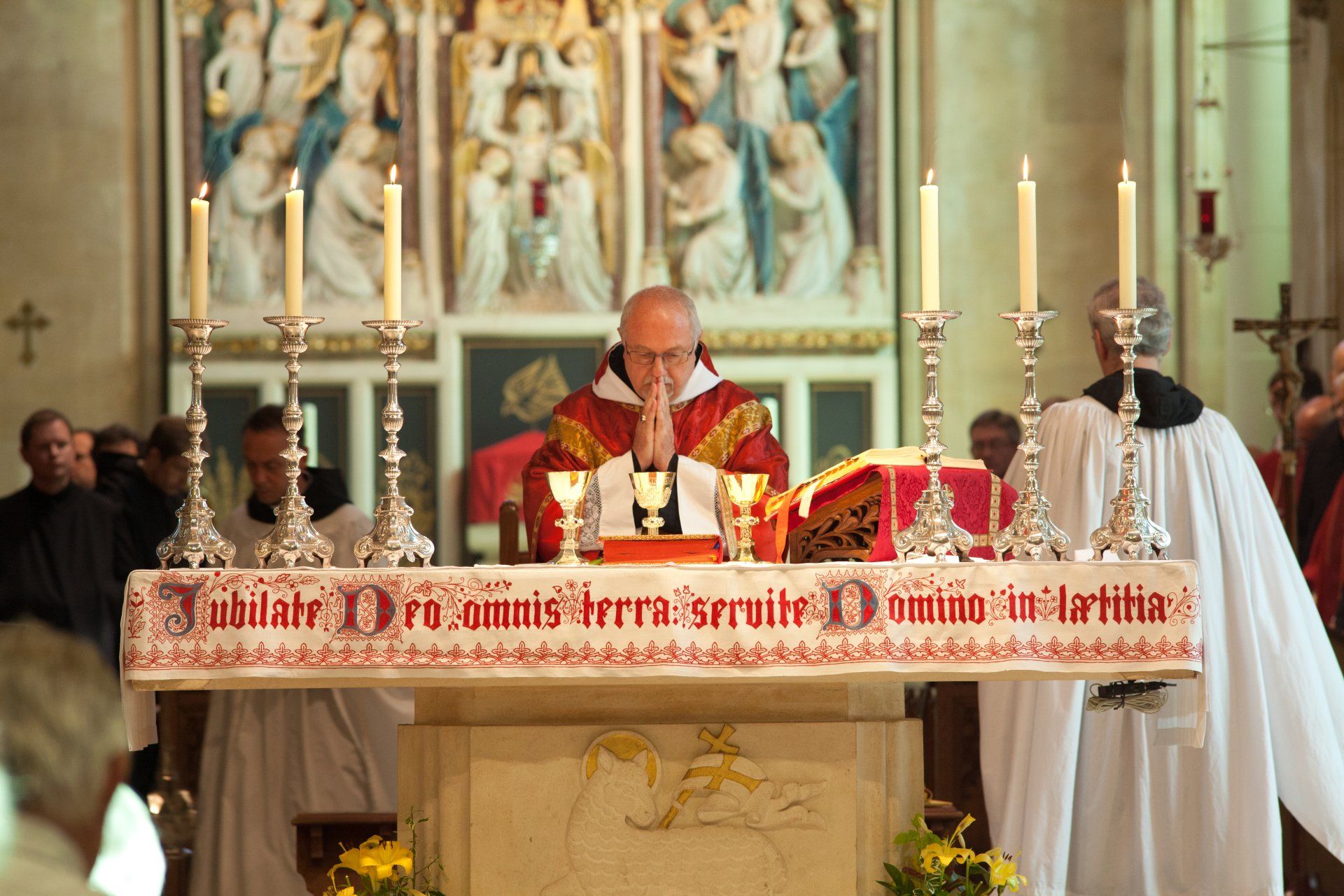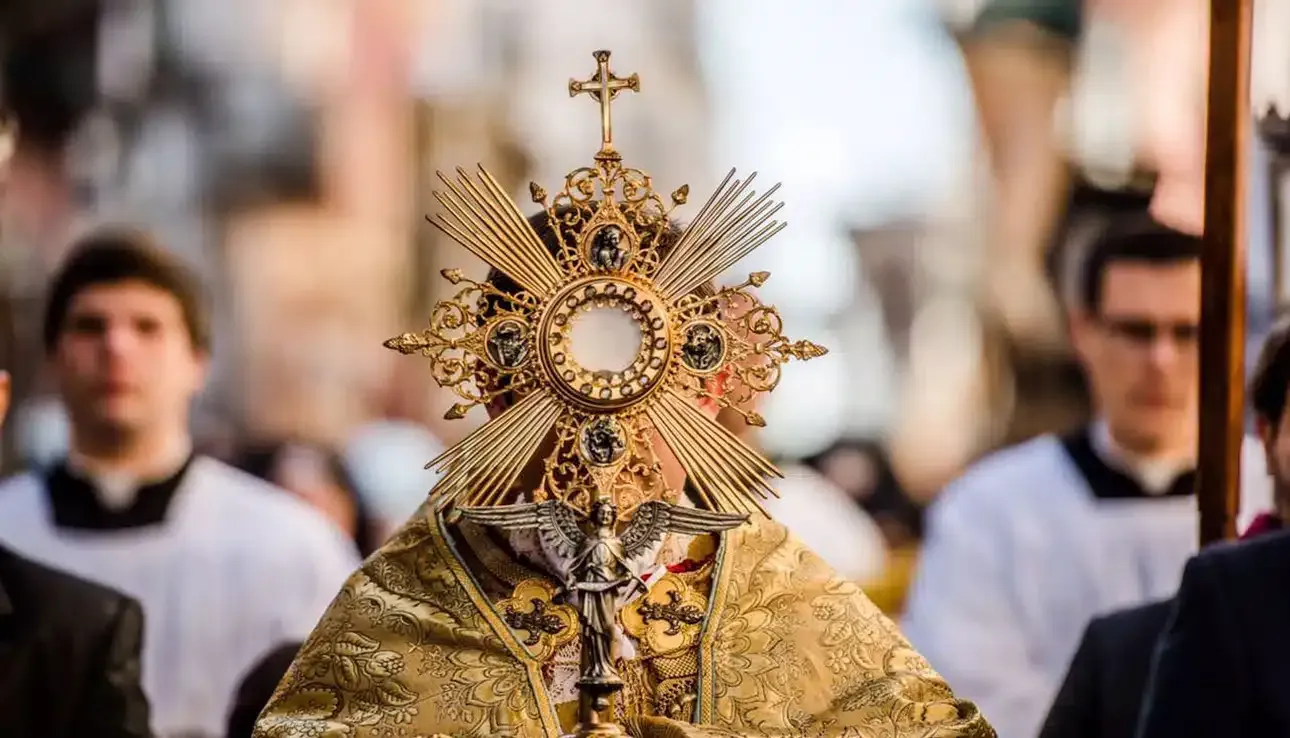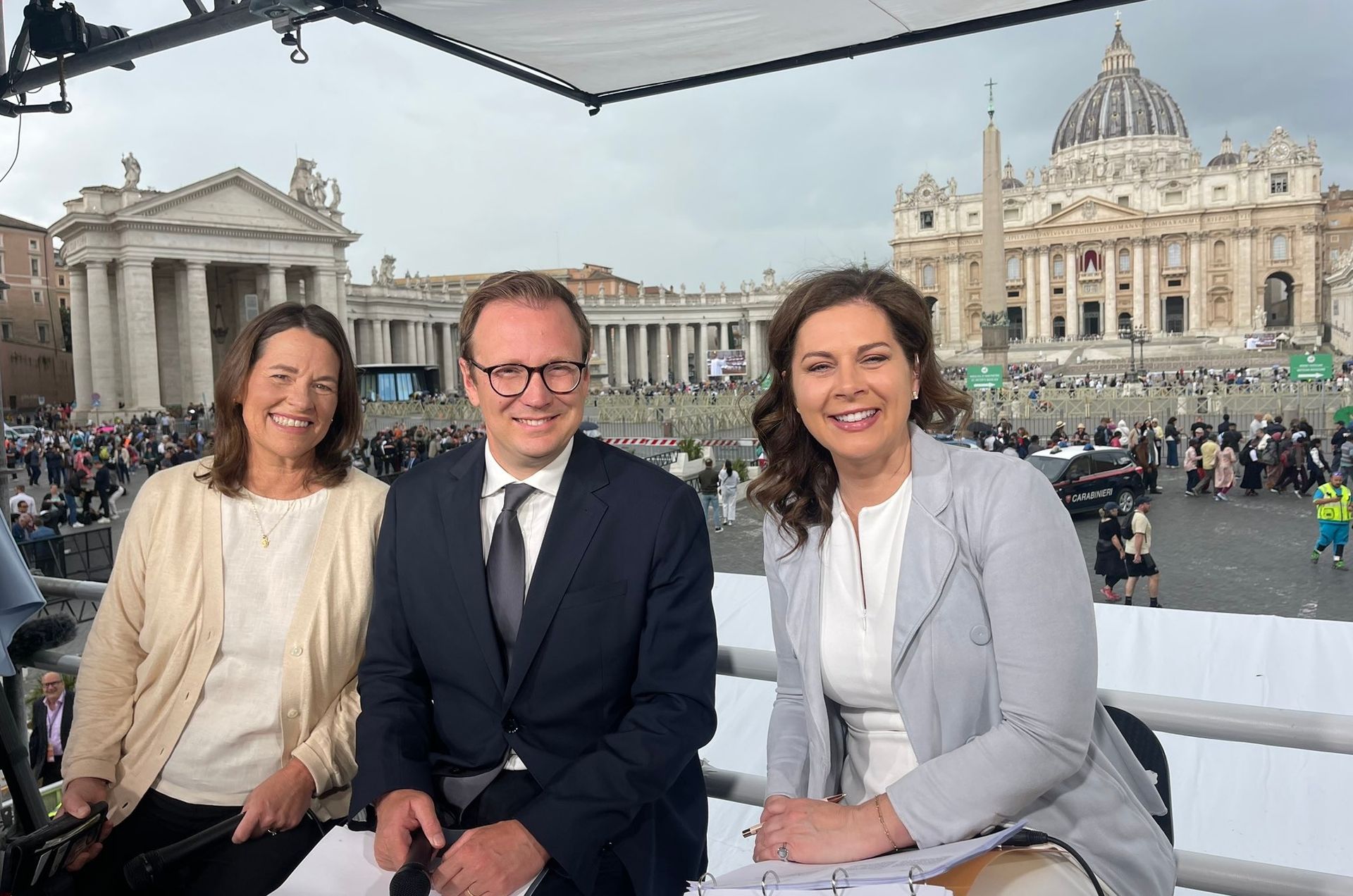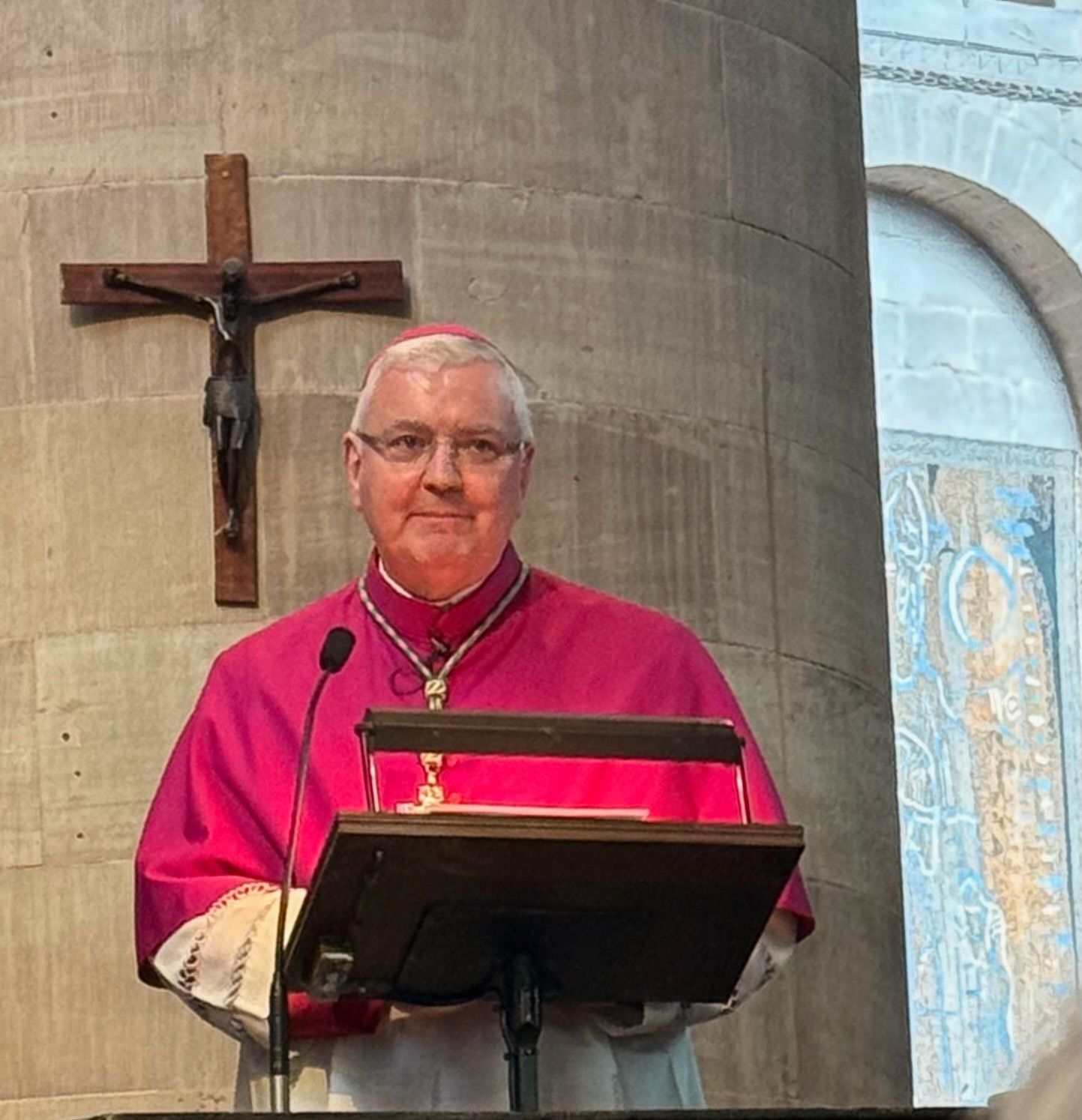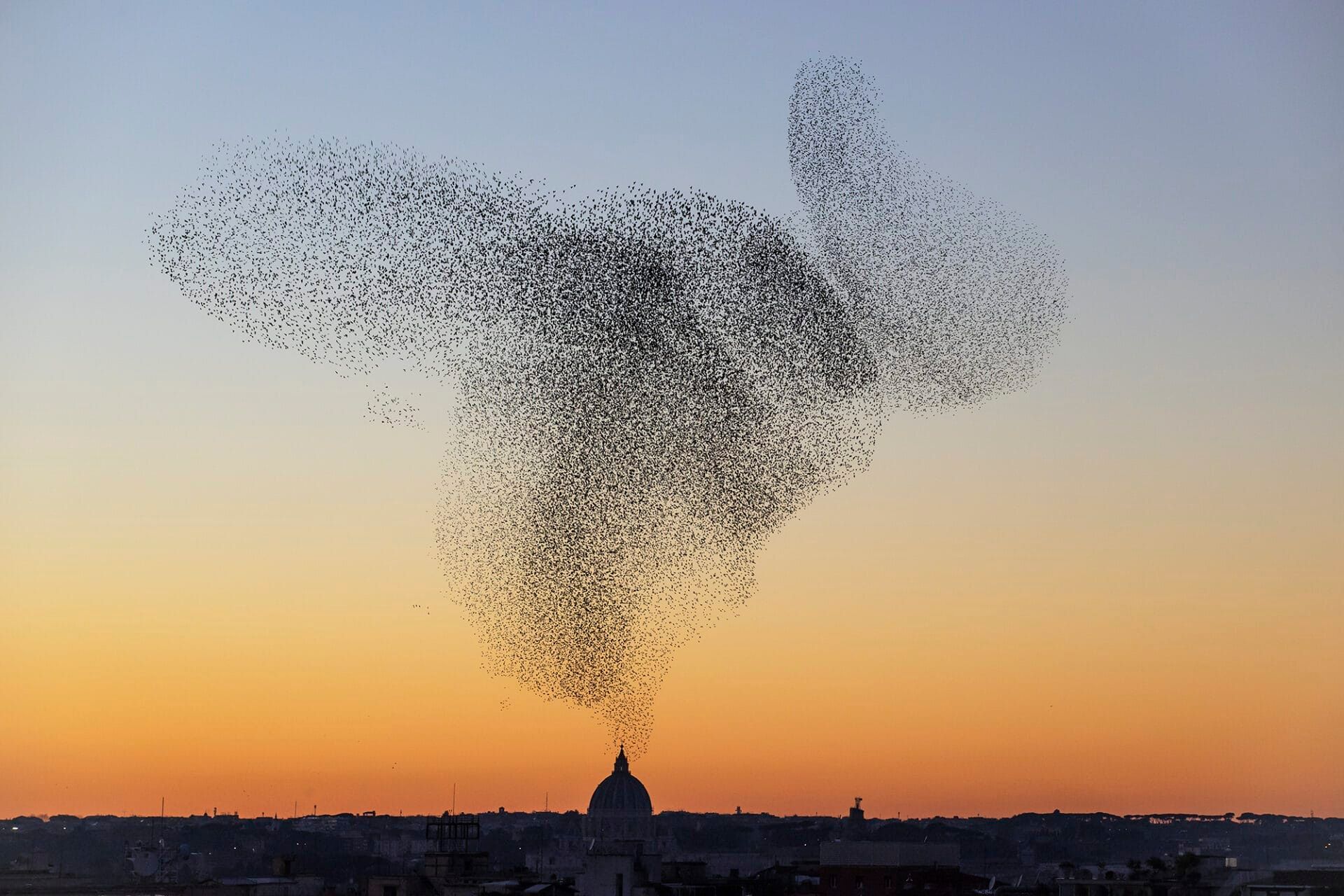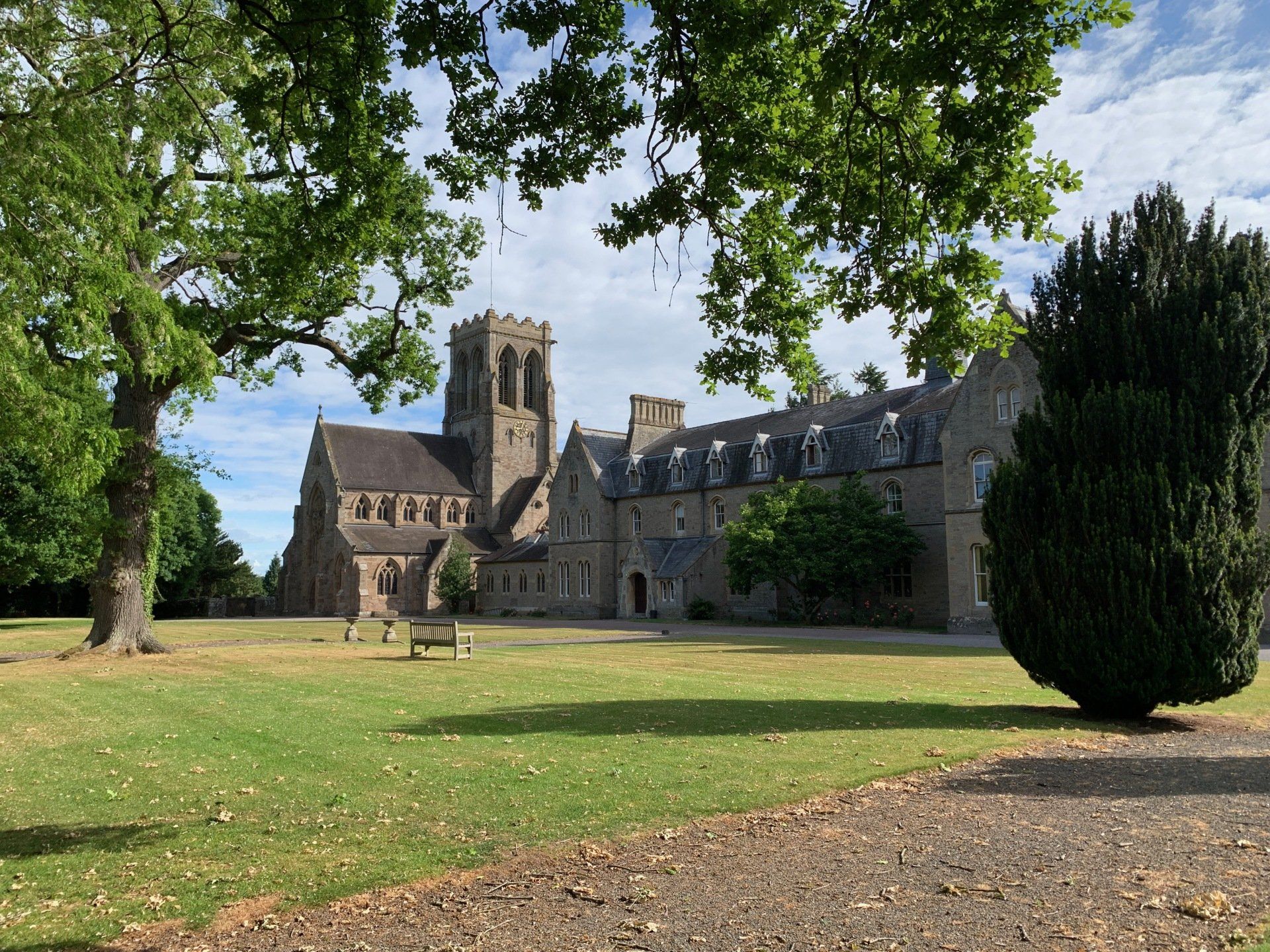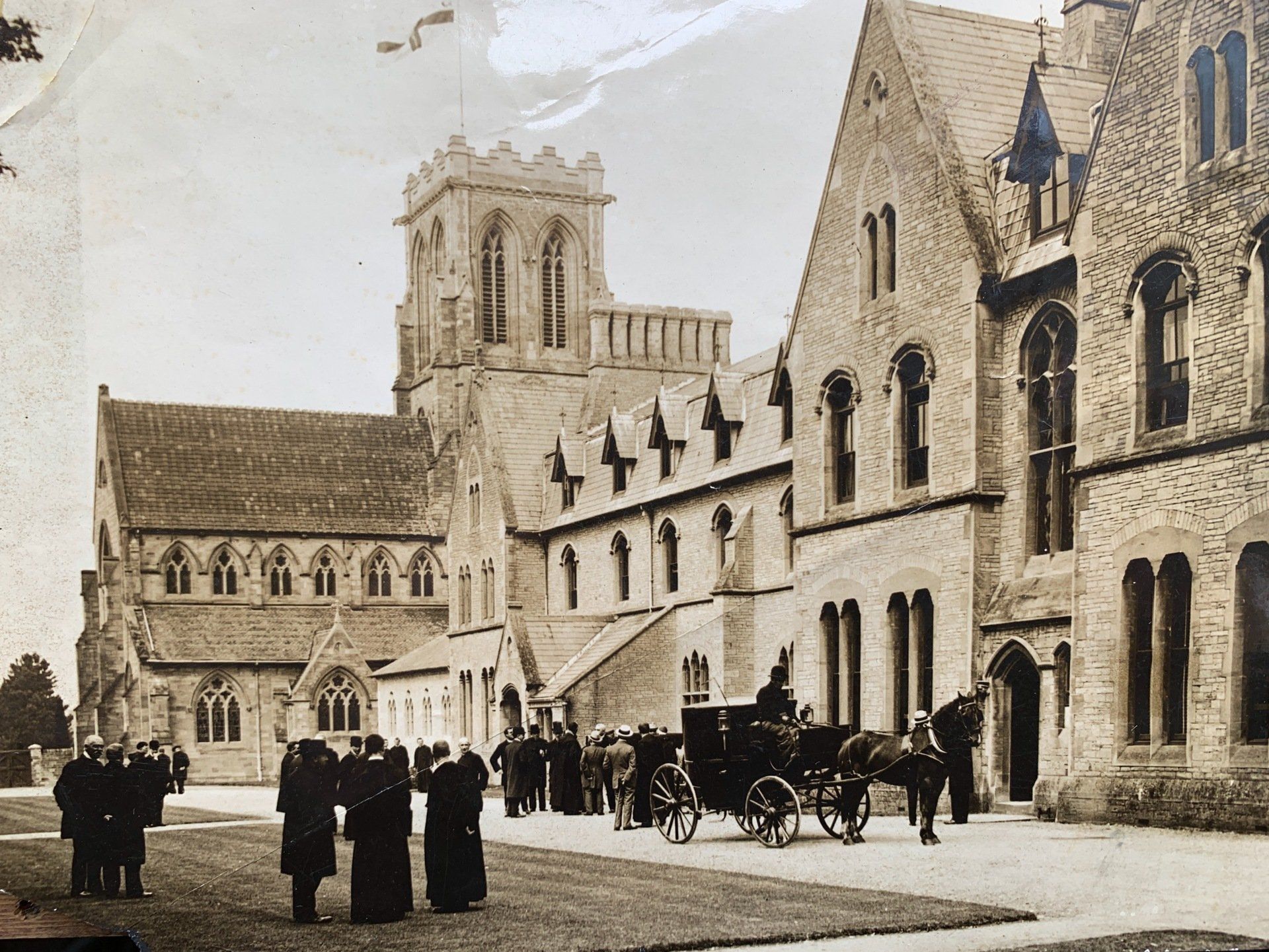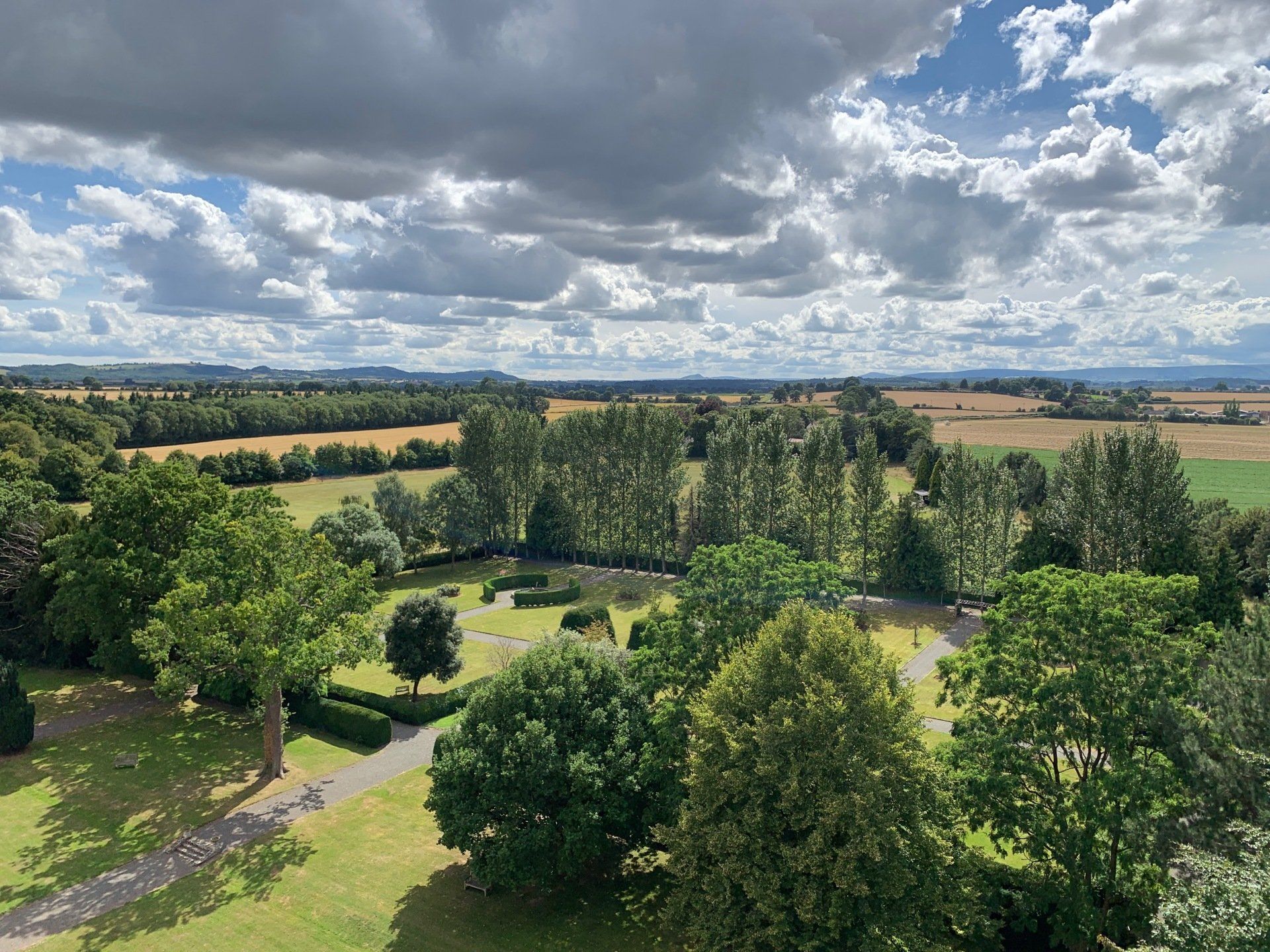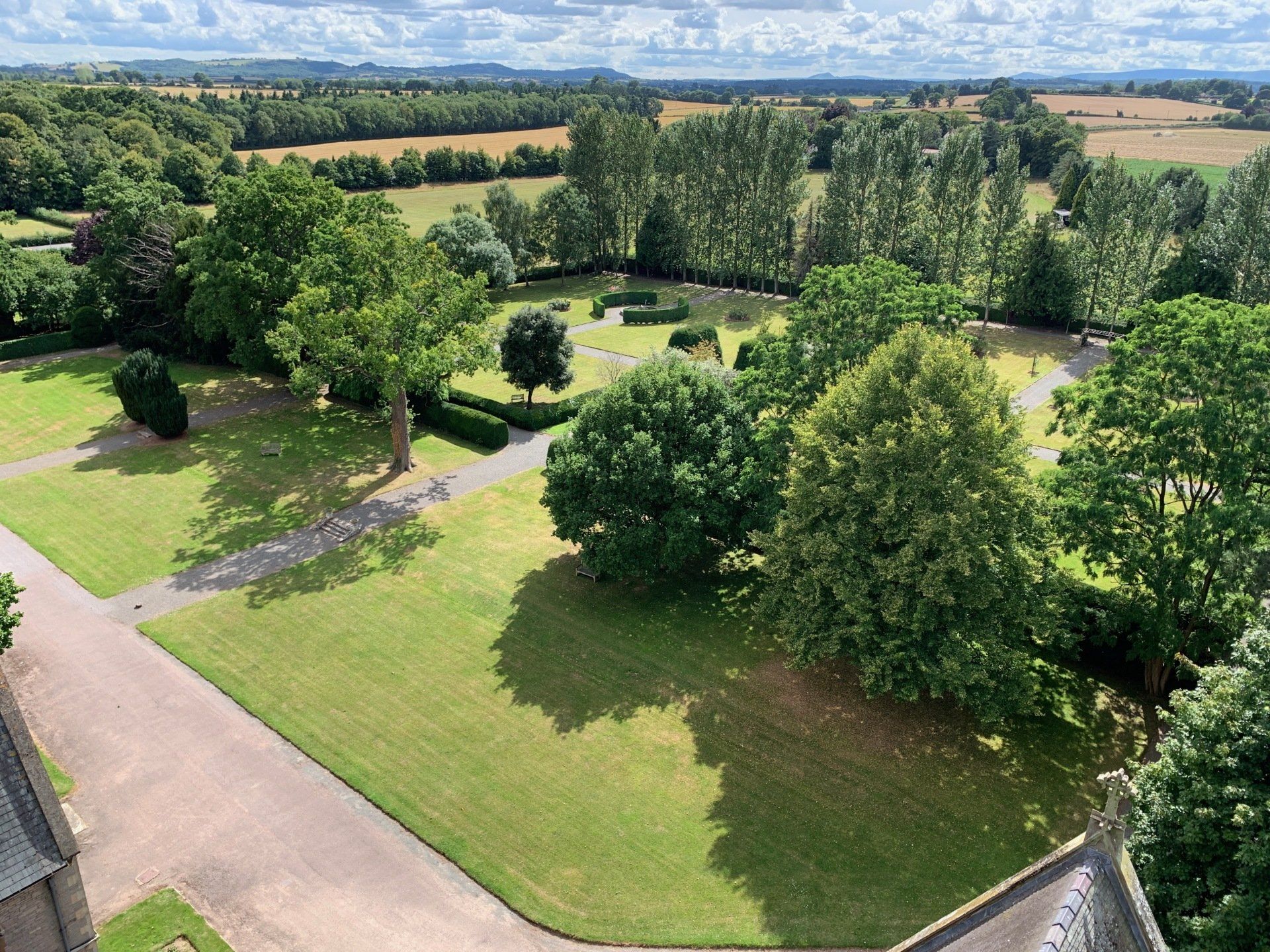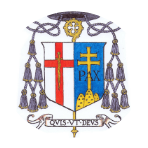
WELCOME TO BELMONT ABBEY
It gives us great joy to welcome you to our website, as it would to our monastery.
We are a community of about 30 monks whose home is at Belmont, just outside Hereford on the borders of England and Wales.
Following the 6th century Rule of St Benedict, and under the guidance of the Abbot, we seek to live the ancient wisdom of the monastic life in a contemporary way so that as St Benedict says, "in all things, God may be glorified." The rhythm of each day is shaped by the liturgy, our daily cycle of prayer and praise. Our work in the monastery includes the welcome of many guests and visitors, but our reach is much wider through our monks working in parishes and chaplaincies in Herefordshire and beyond, and as far away as Peru, our monastery at Lurin outside Lima. Through this website we hope to share with you something of the spirit of our monastic life and to remain in contact with our friends and supporters scattered throughout the world.
Belmont Abbey Summer Garden Fete
2pm to 5pm Saturday 21st June
News from Belmont Abbey
List of Services
-
Welcome from Abbot BrendanList Item 1
Welcome to our website on behalf of our brethren at Belmont, Peru and the Parishes that we serve.
We hope you will find this website a good way to connect with us. The Belmont Community will continue to pray for all those suffering and in need, particularly our parish, oblates, retreatants and friends.
Please be assured of our prayers,
Abbot Brendan
-
Times of Services
SUNDAYS:
Saturdays: Vigil 4pm.
Sundays: Parish Masses 8.30am and 11am. Conventual (Community) Mass, 9.30am.
WEEKDAYS:
On weekdays the daily Conventual Mass is at 8am except on major solemnities. There is a Parish Mass on Tuesday and Friday at 10.15am.
DIVINE OFFICE:
You are also invited to come to any part of the Liturgy of the Hours. Books are always available - please ask if you need help.
WEEKDAYS
Vigils and Lauds: 6:30am
Conventual Mass: 8:00am
Midday Prayer: 12:45pm
Vespers: 5.55pm
Compline: 8.00pm
SUNDAYS
Vigils and Lauds: 6.30am
Conventual Mass: 9.30am
Midday Prayer: 12.45pm
Vespers & Benediction: 5.55pm
Compline: 8.00pm
-
Belmont Abbey Bookshop
The Abbey Shop is open at the following times:
SUNDAY:
8.45am-9.15am and
10.30am-12.15pm
MONDAY-SATURDAY:
2.00pm-4.00pm
We would be delighted to include your prayers within the community.


